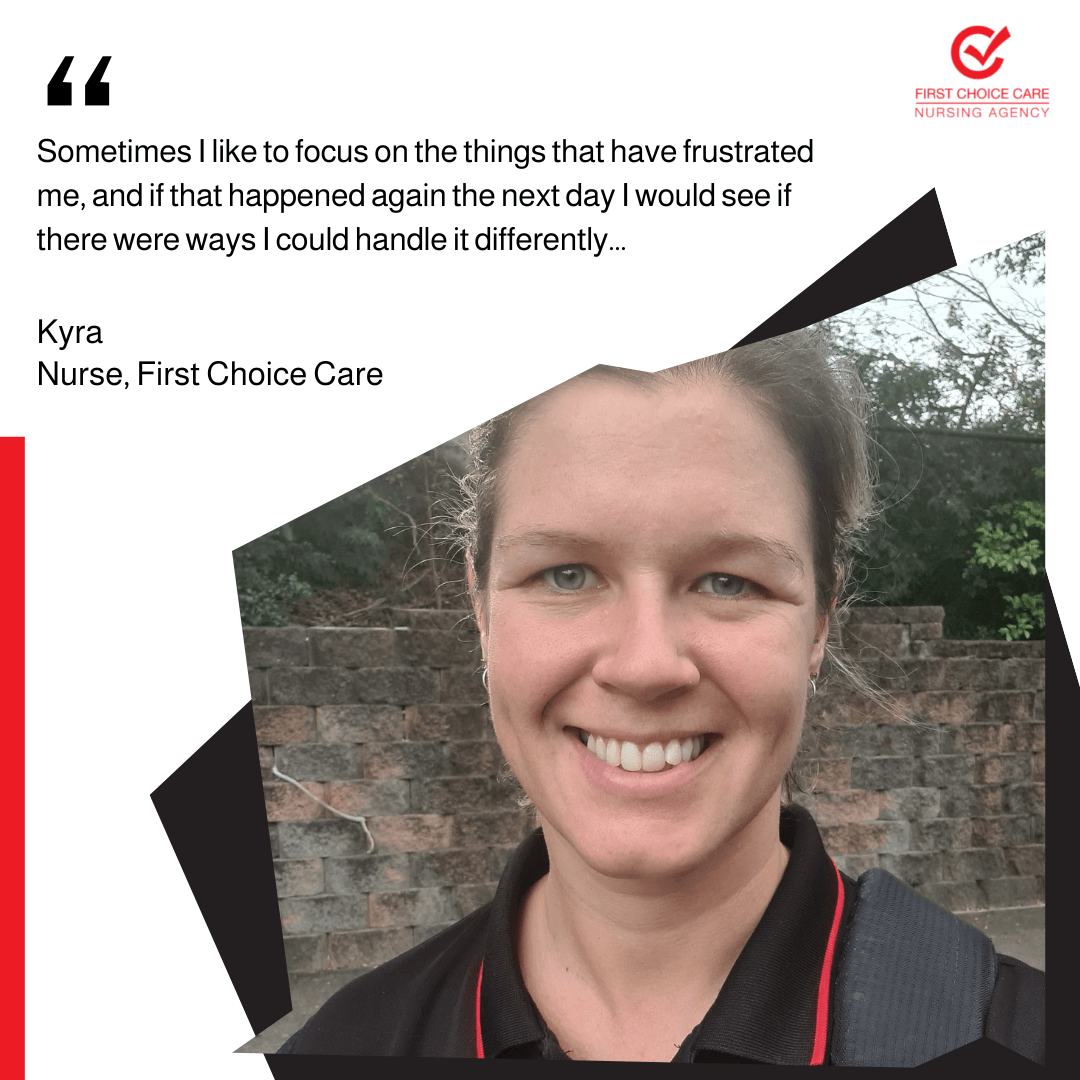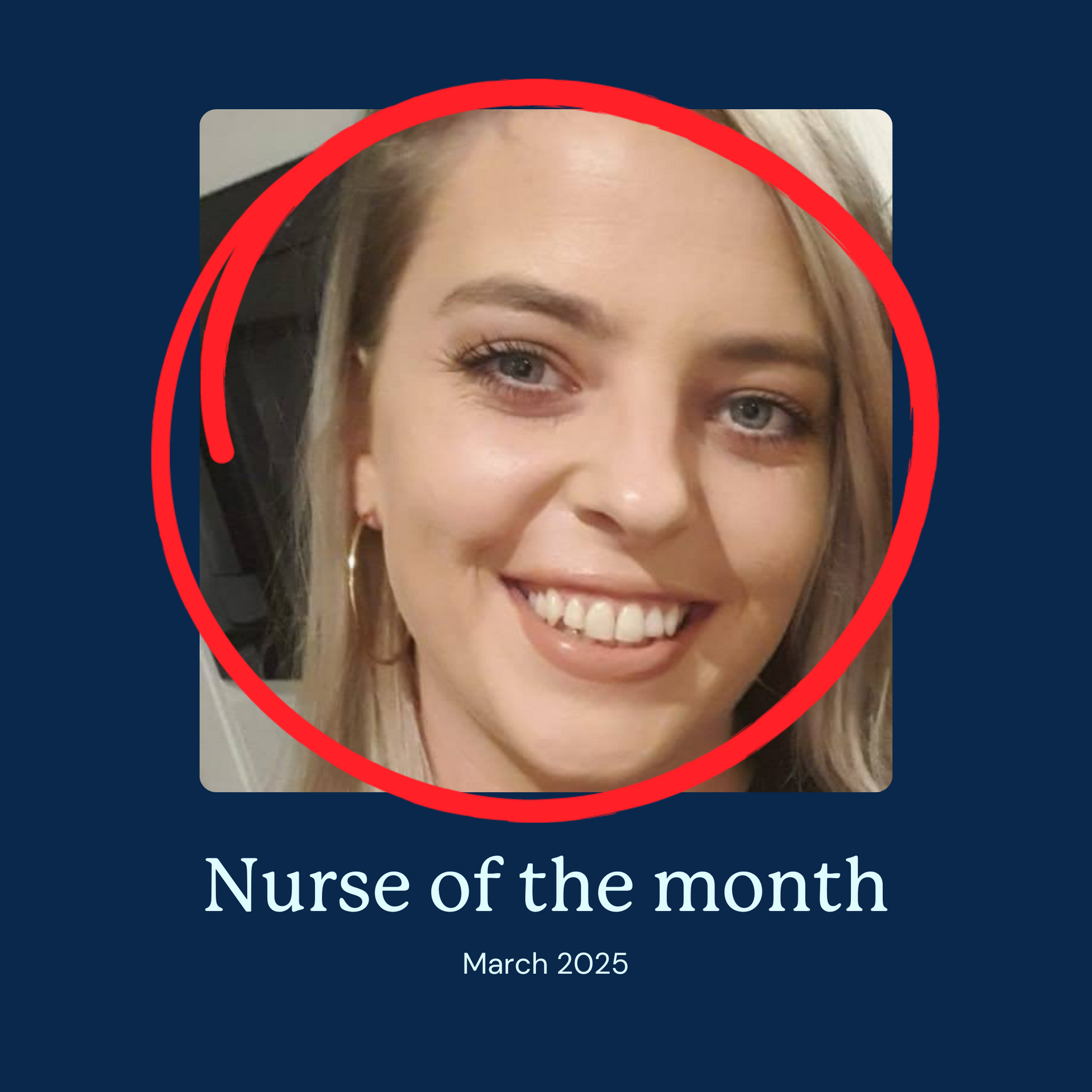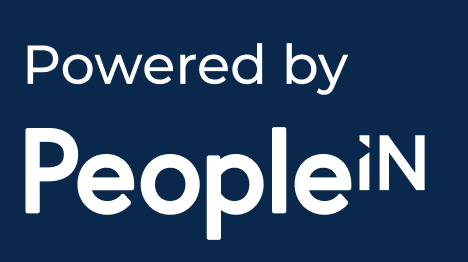Nurse talks: How to speak with patients and their family

This week, we had the chance to speak with one of our nurses, Kyra who gave some great insight on how to speak with patients and their family members.
Kyra became a nurse because she likes to keep busy, but also to help and care for people. But other than nursing, Kyra loves to be outside in her free time, whether that’s traveling around, camping, going on a hike, or at the beach.
At FCC, Kyra works within the medical/surgical ward and has a lot of experience when it comes to working with patients and discussing their care plans. Read how Kyra handles challenges on the ward and how she de-stresses from a shift.
How do you explain medication, treatment, or any healthcare situations to a patient without using heaps of medical jargon?
I guess it just comes with experience. I have been a nurse for 10 years and I've always been able to watch what other nurses have done and the way they explain things and just take away that medical jargon. You need to put it in everyday terms for people and use like general conversation. So, either stay away from medical terms or explain if you are going to use any medical terms as well.
I also give the patient plenty of time to ask any questions, sometimes if someone is feeling overwhelmed or haven’t had time to process information, they may have questions later.
How do you handle a difficult situation?
Obviously, keep the tone neutral and calm and ensure that they are happy to have a conversation with you. I will find a private space for the conversation if they want that. Generally, it’s just anxiety for their loved one that can cause people to get frustrated and distressed and sometimes they just need space to have a chat.
What do you do to de-stress?
It’s always good to just reflect. Sometimes a day just catches up to you and by the end, you’re just exhausted. So, sometimes I like to focus on the things that have frustrated me, and if that happened again the next day I would see if there were ways, I could handle it differently or if it was something external and something I could not change how just kind of unpack that.
What do you like most about being an agency nurse?
I like the flexibility in the times that I can work and just being able to take holidays when I need. I also like to move around in different areas of nursing and do different things.
What is your favourite thing about working with us at FCC and do you have any memorable moments?
The staff are so lovely and remember you by name and will ask about something you talked about in a previous conversation with them or just personal life in general.
It was kind of a memorable moment for me when I got the chance to work at a vaccination clinic a couple years ago. I was able to contribute to the COVID-19 vaccinations during COVID which was something different. I’ve also done some work as a school nurse through the agency which I found very interesting, and I wouldn’t have had access to this role as easily without the agency.
If you're working with us and want to get involved in our next Nurse Talks please get in contact with us at marketingHC@peoplein.com.au.
For anyone interested in joining us you can
apply now.
More articles







